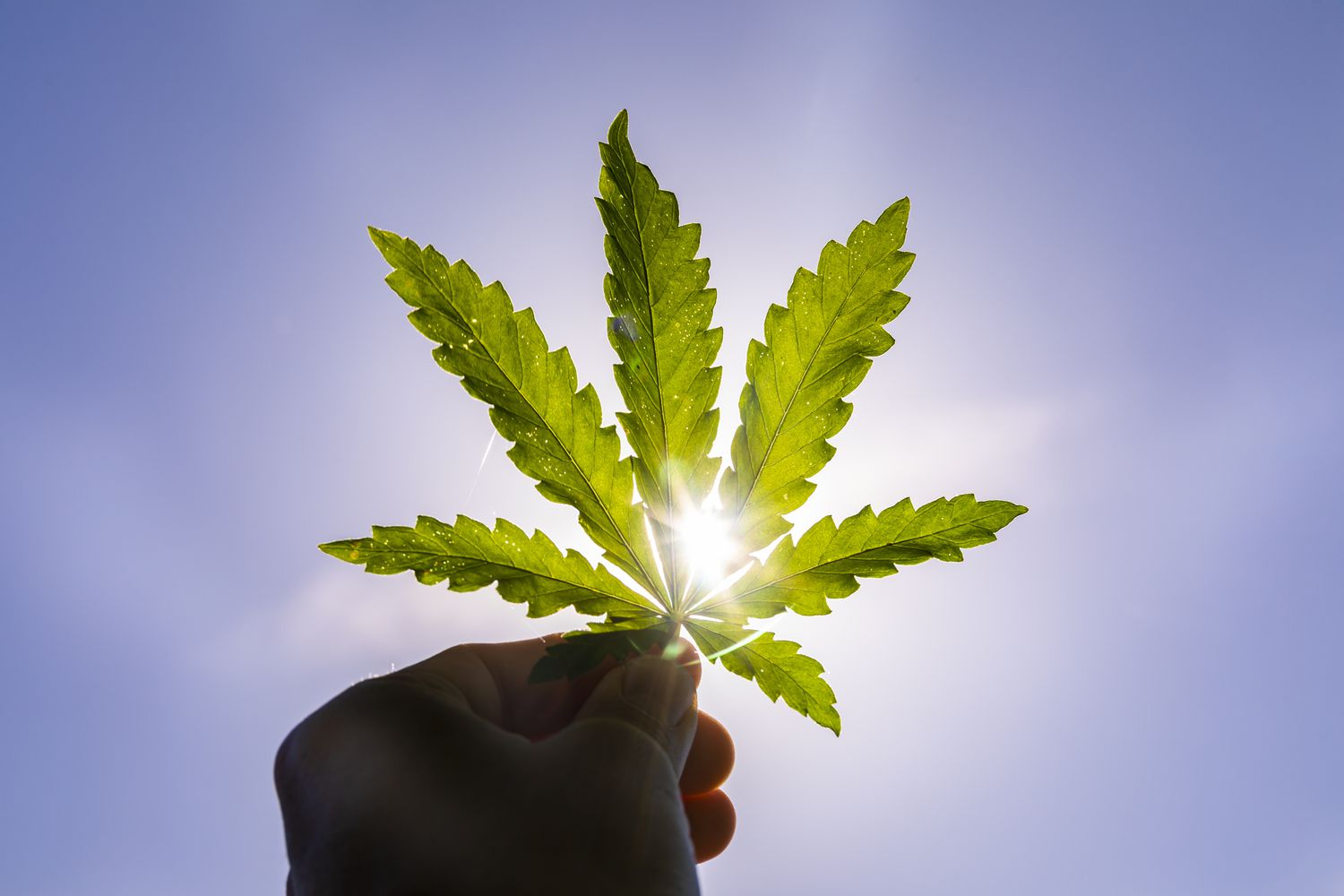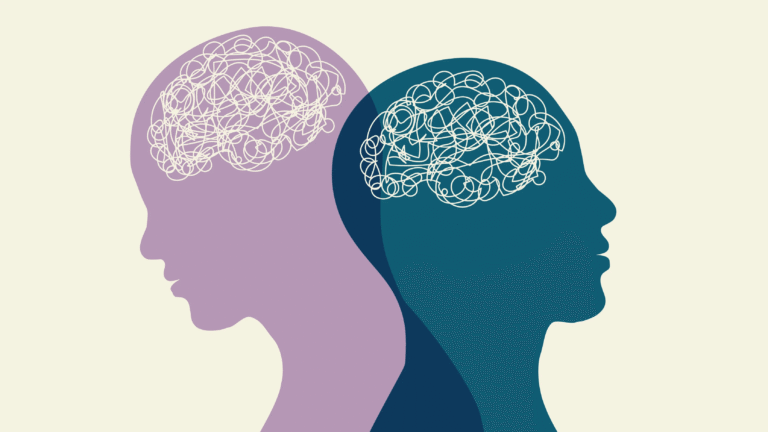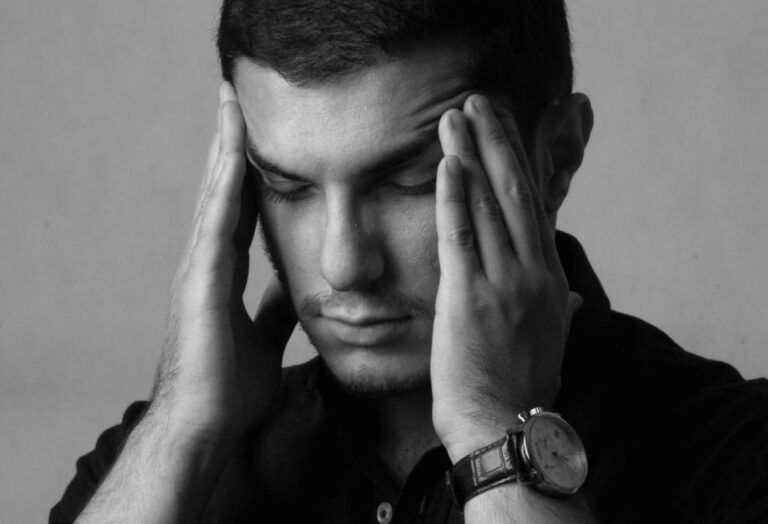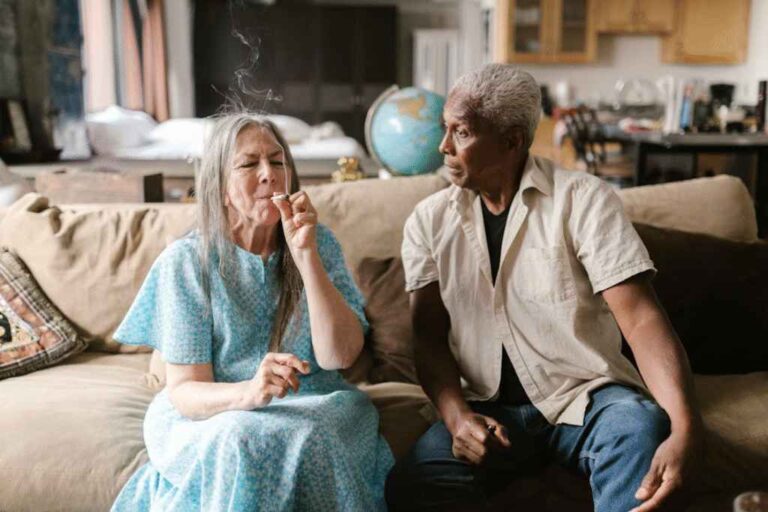Indica or sativa for sleep? Most regular cannabis users will say that you need to be smoking a strong indica for a good night’s sleep, but what does the science say? And now that we know more about CBD and terpenes, is it worth thinking more about these when you choose your weed? Ready to catch some Z’s?
What are the differences in their effects?
The average cannabis smoker will tell you that indica and sativa strains have very different effects. Indica strains are best known for their relaxing and sedative properties, often making you feel calm, so theoretically they should be the best for sleep. Sativa strains, on the other hand, tend to be more energizing and uplifting, which can boost creativity and make you feel more social. However, is there any science that backs this up? And is it as simple as indica or sativa effects when it comes to choosing a strain.
Indica effects
Indica strains are generally considered better for sleep, this is because most people will say that they give you a calming high that helps you unwind and prepare for a good night’s rest. However, this evidence is mostly anecdotal. According a recent NCBI study, it’s the THC in cannabis that helps with sleep, and unsurprisingly, Indica strains tend to have higher THC levels, which might explain why they make you feel relaxed and sleepy.
Sativa effects
Most people will say that sativa strains give you an uplifting and sociable kind of high which is why they are the preferred choice for daytime smoking. The energizing effect of sativa strains can make you feel more alert and active, which is great for relaxing during the day when you need to be a bit more functional while high. While these strains might be great for enhancing your mood and creativity, they may not necessarily be the best for helping you sleep.
However, this is all based on choosing either a 100% indica or 100% sativa, so what if you combined them?
Hybrid effects
The vast majority of cannabis strains you buy from dispensaries these days will be hybrids. Hybrid simply means that it is a mix of indica and sativa genetics giving you the best of both worlds. Some of the best-known strains such as Gorilla Glue, Girl Scout Cookies and even the old school classics like White Widow are all hybrid strains, so don’t be put off by this as you’ve probably been smoking them without even knowing. Hybrid weed is great if you want a mix of feeling relaxed, while still being able to function a bit more. And let’s remember that according to science, it is the THC which causes sleepiness, so choosing a potent hybrid of sativa will probably make you feel just as relaxed as a pure indica.
How does THC actually work?
THC, or tetrahydrocannabinol is a compound found in cannabis that works by interacting with our endocannabinoid systems (ECS). ESC systems are spread throughout our brains and bodies and are made up of a network of CB1 and CB2 receptors that regulate some of our biological functions including memory, perception, sleep, eating, metabolism, pain control and immune response. When you consume THC, it binds to these receptors, particularly the CB1 receptors in the brain. When it binds to them, it interferes with how your receptors perform and causes you to feel “high”. Because our receptors regulate mood, anxiety, pain and sleep this can sometimes create a sense of euphoria, relaxation and tiredness. Therefore, it would make logical sense that the more THC you consume, the greater the effect on our endocannabinoid system.
However, THC is just one part of the puzzle and there are lots of other cannabinoids and terpenes involved that play a bigger part than they are given credit for.
What is the entourage effect?
The entourage effect is the idea that the different compounds found in cannabis, including cannabinoids and terpenes all work together to create its effects. Terpenes are aromatic compounds that give cannabis its smell and flavor. Until recently it was thought that terpenes just simply made things taste and smell the way that they do, however, there is growing evidence to suggest that they also influence how cannabinoids like THC and CBD affect you.
For example, certain terpenes may enhance the sedative effects of THC, making you feel more relaxed and sleepier. This means that it’s not just about whether a strain is indica or sativa; the combination of cannabinoids and terpenes plays a crucial role in the plant’s overall effects. The entourage effect highlights the importance of the whole plant working together, rather than focusing on a single compound or strain type.
So, what terpenes are known for sleep or relaxation?
Several terpenes are known for their relaxing and sedative effects. Linalool is the most well-known example that is found in cannabis but also in lavender where it is used in therapeutic oils and scents for its soothing effects.
Myrcene is another terpene known for its sedative qualities. It’s commonly found in hops, lemongrass, and thyme, and is thought that is may contribute to the “couch-locked” that some highly potent strains give you.
Another example is Caryophyllene, found in black pepper and cloves, has anti-anxiety properties and is often used to help with stress relief.
These terpenes, when combined with THC and other cannabinoids, enhance the overall relaxing effects of cannabis, making it more effective for sleep and relaxation. So, the presence of certain terpenes in a strain may also have a bigger impact on its effects than previously thought.
After research revealed that sleep deprivation affects both men and women equally, in some cases, you might be consuming sleep meds for better sleep. But keep in mind that sleep medication is just a temporary solution, and you might need to get into a formal detox procedure if taken for prolonged time. Long-term reliance on sleep medication could lead to dependency, and that’s where professional help and a formal detox procedure are necessary to break free from that cycle.
What about CBD, does this improve sleep?
CBD, or cannabidiol, is another cannabinoid found in cannabis that many people claim is great for sleep and relaxation. Unlike THC, CBD doesn’t produce a high, but it has a calming effect that can help reduce anxiety and stress, making it easier to fall asleep.
CBD is best known for its pain relief and anti-inflammatory properties. By alleviating pain and reducing inflammation, CBD can improve overall comfort, which can contribute to better sleep quality.
What do the cannabis industry say?
No we have heard what the scientists have said we thought we would ask an actual cannabis breeder, so we go in touch with Auto Seeds to get their take on this topic.
“In the cannabis industry there is a lot of anecdotal evidence that comes from those that consume it. It is difficult to say precisely which strains are best for what because weed affects everyone differently, what might help one person sleep, someone else could be using it to treat pain, while a third person uses it to boost their creativity. In general, THC seems to be the compound that is present in any strain that people claim aids their sleep, so, I think one thing that us breeders and the scientists all agree on is that the stronger the dose of THC, the bigger its impact on sleep, how much of an effect the terpenes have is still up for debate.”
So, which strains are best for sleep?
Really the best strain for sleep depends on what’s causing your sleep issues. If you have insomnia, a strain with a high THC content and terpenes such as linalool will probably help you relax and fall asleep as together these will promote sedation and ease stress. That particular strain could be indica or sativa so its probably not best not to focus solely on anecdotal evidence of indicas vs sativa effects.
If pain or inflammation is causing your restless nights, a strain that combines THC, CBD, and therapeutic terpenes would be more effective. The THC helps with sleep, while CBD provides pain relief and reduces inflammation. Therapeutic terpenes such as myrcene and caryophyllene will further enhance the relaxing and pain-relieving benefits.
Hopefully this has cleared up some of the mixed arguments on what is best for sleep. In short, higher THC strains tend to perform best, but try looking intro the terpenes and cannabinoids of that particular strain instead of simply focusing on whether it is an indica or sativa.














